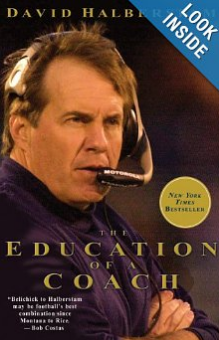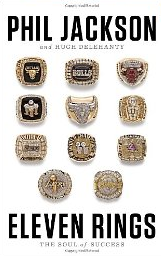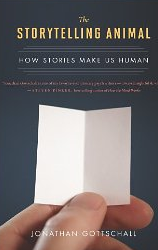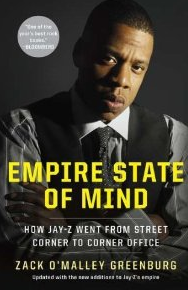I recently read “The Education Of A Coach” by David Halberstam. Below are the quotes I found most interesting. As always, if you like the quotes, please buy the book here.
 “Belichick’s general defensive philosophy was simple: Find out what the other guys do best – which is what they always want to do, especially under pressure in a big game – take it away from them, and make them do things that they are uncomfortable with.” (3)
“Belichick’s general defensive philosophy was simple: Find out what the other guys do best – which is what they always want to do, especially under pressure in a big game – take it away from them, and make them do things that they are uncomfortable with.” (3)
“But his ego was about the doing; it was fused into a larger purpose, that of his team winning. It was never about the narcissistic celebration of self that television loved to amplify.” (21)
“Some were completely seduced by fame, a sure sign that they would begin to slip in their chosen professions, and the rewards would quickly be pulled away. You could fall from celebrity in contemporary America almost as quickly as you had achieved it.” (23)
“Years later Bill Belichick would understand what made his father so good a scout: the absolute dedication to his craft, the belief that it was important, and the fact that so many people – the people who paid his salary, his colleagues, and the young men who played for him – were depending on him.” (72)
“What Bill Belichick remembered about his father in those years, perhaps the most important thing of all, something that lasted with him, was that he seemed to come home from work happy each night, a sign that he loved his work, and always seemed eager to go to work, and that the other mean, the men he worked with, obviously respected him greatly.” (80)
“He was saying that most scouts looked at other teams and thought that the most important thing was to find out what their weakness was, but the right way to do it was to search for their strengths and try to take that away from them, and make them do what they don’t want to do.” (82)
“He wanted the grunt work. He understood that the key to success, the secret to it, was the mastery of the grunt work, all the little details.” (110)
“Brady might not have Montana’s sheer natural ability in making reads, but he had driven himself so hard that superior preparation and superior instincts now were blended together.” (227)
“This is what the NFL was all about, that the better you were, the harder you worked.” (229)
“in the end the reward for what he and the staff and the players had done was the right to try and do it again under even more pressure.” (268)
“What sometimes bothered the media was that he was too straight, that he had so little in the way of artifice. “What’s interesting about him, and was judged a weakness in Cleveland,” Richmond said, “was that he did not play any games. There’s nothing fake, and there never was. He is what he is. There is no pretense, and he is utterly authentic in a world where because of television there is more and more which is inauthentic. What is troubling about all this is that a lot of people are more comfortable with the inauthentic, if it is reassuring, than they are with the truth, if it is not reassuring. He doesn’t play the role of the coach. Instead he is the coach.” (271)
Liked the quote? Buy the book.





